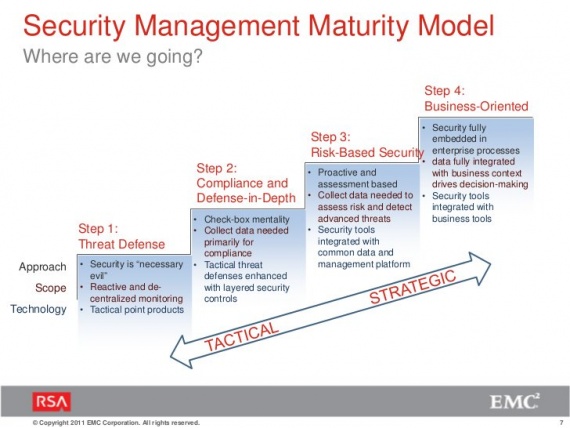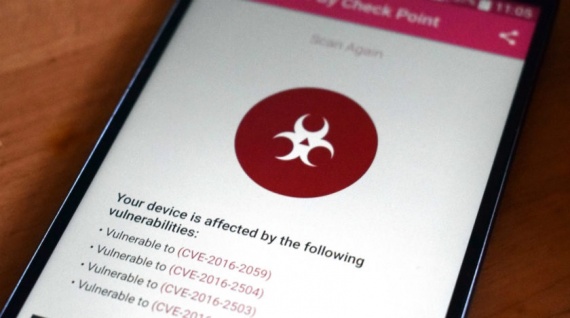On the doorsteps of ivory tower: encryption for a "demanding" customer
Recently I took a somewhat deeper-than-intended dive into a wonderful world of so-called “secure communications” (don’t ask me why, maybe I will tell you eventually). No, not Signal or Protonmail, nor Tox or OTR. I mean paid (and rather expensive) services and devices you probably never heard of (and had every reason not to). Do the names like Myntex, Encrochat, Skyecc, Ennetcom ring a bell? Probably it does not, as it should be, unless they fuck something up spectacularly enough to hit the newspaper headlines (some of them really did).
Three lessons should be learned
FIRST, while experts are discussing technical peculiarities, John Q. Public is not interested in all that technobabble. This attitude constitutes a security issue in its own right, but at least it is well-known and we know what we need to do: to educate the customer about several basic, intuitive and easy for a non-technical person concepts — OPSEC, attack surface, threat models, supply chain security, encryption key life cycle etc. And then we leave everything «more technical» to a trustworthy independent audit.
Right? NO. Those people are not interested AT ALL (technobabble included), and they treat your aforementioned audit with the same amount of interest. And your educational initiative goes the same way since the entire syllabus you call «very very basics every human being must understand» fits comfortably into the category «technobabble» in the customer's world view. For them «Military grade security» is just as convincing as «we had a public independent review» — a little more than white noise and the former is still more than the latter. Let alone the popular opinion about audit: «You could compromise your security by allowing god-knows-who look into the implementation details! It was careless!»
SECOND, as “business” customers do not really care about technology, you cannot show them the trustworthiness of your solution by using the technological correctness of this solution. There is no common ground, no scientific consensus, no expert is trusted, everything is «my word vs your word», no audit is reliable (and that’s yet another reason nobody is interested in audits).
For your customers the very notion of «trust» implies interpersonal relations. They cannot trust anything but people. A piece of software being trusted? Or better still: trusted for a certain particular property? — those notions are not welcome in a businessman's brain. However, that may not be a detriment. In the end of the day we can not eliminate the «human factor» from the software as long as humans write it (with all the backdoors and eastereggs). Trust (as your customers understand it) is all about loyalty. Trust (as you understand it) is an expression of your knowledge of the software capabilities. Perhaps someone should stop abusing the word, and I suggest to stick to the older meaning. Get yourself a new word! On the other hand, the traditional loyalty-driven interpretation of trust leads to horrible decisions in the context of infosec. A catastrophic clusterfuck of any magnitude, is easily forgiveable as long as it is caused by mere negligence as opposed to sabotage. «Yeah, people make mistakes, but they did their best, yes? They TRIED!»
THIRD is that trust issues with people lead those customers into miserable situations, as they know people no better than they know technology, but for no reason they feel more confident in that area. Running a successful business (especially risky one, if you know what I mean) reinforces confirmation bias about knowing people. First you make a lot of money, and next day you get scammed by a Nigerian prince, a Russian bride or a fake crypto.
I guess I should write a separate essay about liability shift and self-preservation mechanisms that sometimes fail in unexpected way for unexpected people, but not now.
Three lessons should be learned
FIRST, while experts are discussing technical peculiarities, John Q. Public is not interested in all that technobabble. This attitude constitutes a security issue in its own right, but at least it is well-known and we know what we need to do: to educate the customer about several basic, intuitive and easy for a non-technical person concepts — OPSEC, attack surface, threat models, supply chain security, encryption key life cycle etc. And then we leave everything «more technical» to a trustworthy independent audit.
Right? NO. Those people are not interested AT ALL (technobabble included), and they treat your aforementioned audit with the same amount of interest. And your educational initiative goes the same way since the entire syllabus you call «very very basics every human being must understand» fits comfortably into the category «technobabble» in the customer's world view. For them «Military grade security» is just as convincing as «we had a public independent review» — a little more than white noise and the former is still more than the latter. Let alone the popular opinion about audit: «You could compromise your security by allowing god-knows-who look into the implementation details! It was careless!»
SECOND, as “business” customers do not really care about technology, you cannot show them the trustworthiness of your solution by using the technological correctness of this solution. There is no common ground, no scientific consensus, no expert is trusted, everything is «my word vs your word», no audit is reliable (and that’s yet another reason nobody is interested in audits).
For your customers the very notion of «trust» implies interpersonal relations. They cannot trust anything but people. A piece of software being trusted? Or better still: trusted for a certain particular property? — those notions are not welcome in a businessman's brain. However, that may not be a detriment. In the end of the day we can not eliminate the «human factor» from the software as long as humans write it (with all the backdoors and eastereggs). Trust (as your customers understand it) is all about loyalty. Trust (as you understand it) is an expression of your knowledge of the software capabilities. Perhaps someone should stop abusing the word, and I suggest to stick to the older meaning. Get yourself a new word! On the other hand, the traditional loyalty-driven interpretation of trust leads to horrible decisions in the context of infosec. A catastrophic clusterfuck of any magnitude, is easily forgiveable as long as it is caused by mere negligence as opposed to sabotage. «Yeah, people make mistakes, but they did their best, yes? They TRIED!»
THIRD is that trust issues with people lead those customers into miserable situations, as they know people no better than they know technology, but for no reason they feel more confident in that area. Running a successful business (especially risky one, if you know what I mean) reinforces confirmation bias about knowing people. First you make a lot of money, and next day you get scammed by a Nigerian prince, a Russian bride or a fake crypto.
I guess I should write a separate essay about liability shift and self-preservation mechanisms that sometimes fail in unexpected way for unexpected people, but not now.



